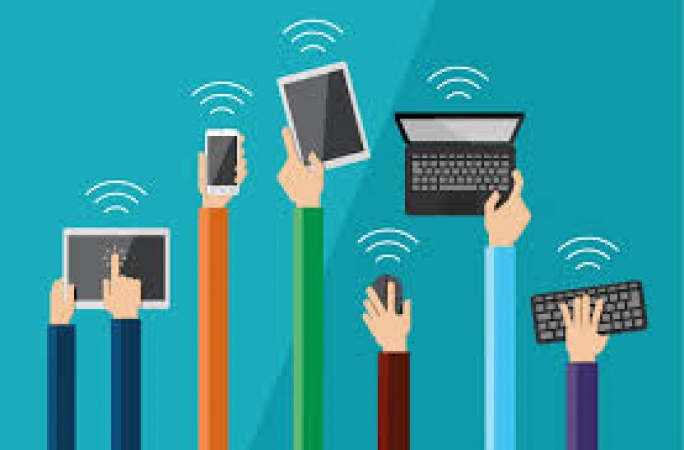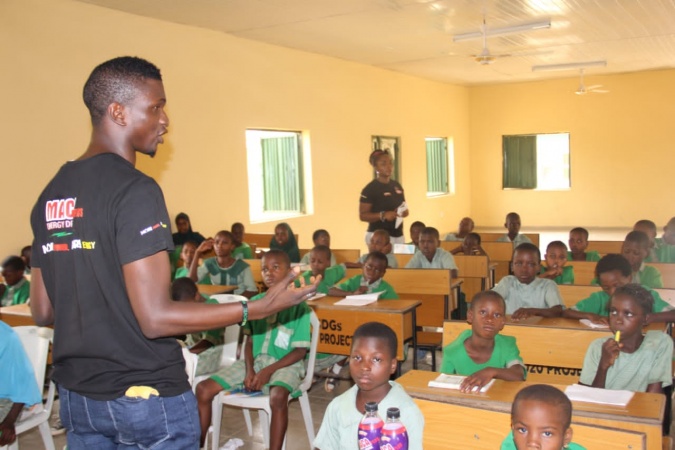Revisiting the quest for teachers upgrading Tech-driven knowledge in 21st century education—Part 1
Posted by Wilfred Onineh | 3 years ago | 1,434 times

Education is a key priority for governments across nations. Education has the most profound impact on the growth of a nation and also how the society evolves and the values it upholds. It is an era of digital transformation with rapid changes happening at a great pace. As a part of education, along with leadership and vision as well as building the capacity of teachers and the Millennials, creating the right learning infrastructure is equally important.
Access to technology can facilitate and empower the educators to build 21st century skills, which are around critical thinking, problem solving, attention to detail, collaboration and teamwork among several others. UNESCO’s framework for 21st century skills strongly postulates a competency based approach to learning and teaching. Learning and teaching should not only focus on exposure to knowledge but also build competencies that matter for employability and entrepreneurship.
The closure of Nigerian schools amid the COVID-19 pandemic has led to more than 50 million children remaining at home. With an education system already burdened with low participation and learning achievements, the closure increases the challenge for children’s education and has the potential to set back recent gains in bringing children back to school if adequate action is not taken.
In its response to COVID-19, the Federal Ministry of Education sought to mitigate the immediate impact of the pandemic by using online and offline platforms, television, radio and take-home materials to keep children learning. But now a new integration of ICT will provide a much-needed boost to children’s education during the COVID-19 pandemic through a dynamic online/offline educational and vocational video platform designed especially for Nigeria.
The E-learning tool has been customized for the Nigerian curriculum and has the potential to transform teaching and learning, and make classroom learning a dynamic experience at home. This integration is an excellent opportunity to ensure children continue to learn both during and beyond the pandemic. The learning package ensures children can access online fit-for-purpose resources, organised by their levels and grades. It also equips teachers to be collaborators and facilitators of learning – rather than just remote instructors.
As COVID-19 has clearly shown, to move Nigerian education forward, we need to be flexible and open to new ways of both learning and teaching. Sometimes, necessity is the mother of invention, and we hope that this learning tool will not only ensure Nigerian student do not miss out on their education now, but also create a system for lifelong, quality learning for years to come.
Teachers are required to upgrade their teaching and learning process using information communication technology. In other words, the teachers need to integrate ICTs during instructional delivery. For some persons, ICT integration is seen as how teachers used technology to carry out familiar activities more reliably and productively and how such use may be re-shaping these activities. Teachers see technology as integral to education and want to use it. In fact, about 60 percent of teachers say that modern technology is an important tool in achieving success in educational programs. However, while schools are putting more technology into classrooms, not enough is being done to ensure that teachers know how to integrate it into their lessons. Six in 10 teachers feel they are inadequately prepared to use technology in classrooms effectively.







